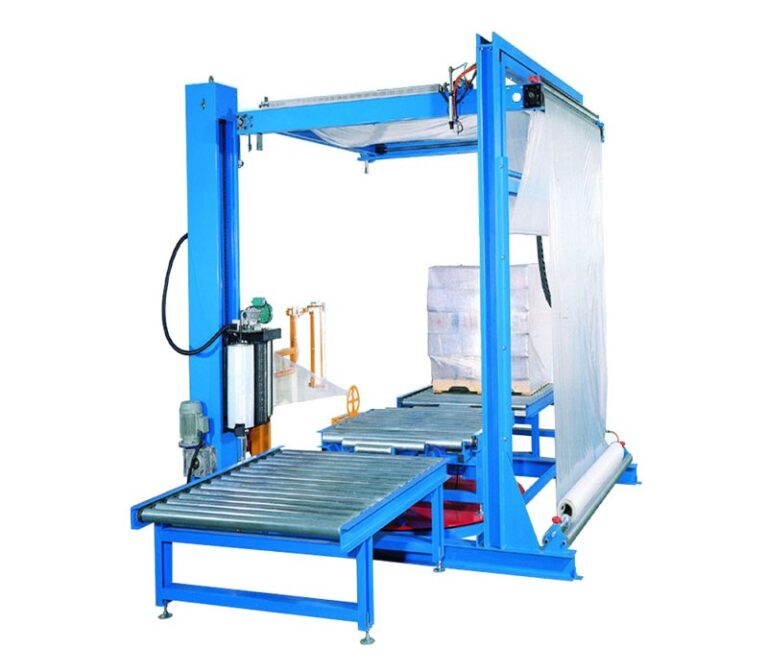Understanding the Technology Behind Lithium Solar Batteries
Lithium solar batteries are a key part of modern energy storage systems. They store the energy collected by solar panels for later use. These batteries are known for their efficiency and long life.
Many people choose lithium solar batteries because they recharge faster than other types. In this article, we explore the technology behind lithium solar batteries.
The Basics of Lithium-Ion Technology
Lithium-ion batteries work by moving lithium ions from one electrode to another. This movement happens through a liquid called an electrolyte. This process allows the battery to store and release energy efficiently.
One big advantage of lithium-ion technology is its energy density. This means it can store a lot more energy in a smaller space compared to other types of batteries. This makes it ideal for creating sustainable energy solutions.
Because they are rechargeable, lithium-ion batteries are also cost-effective over time. They have a longer lifespan, reducing the need for frequent replacements. These benefits make them a popular choice for home and industrial energy storage systems.
Key Components of Lithium Solar Batteries
Lithium solar batteries consist of several critical components:
Anode
The anode is a crucial part of the lithium solar battery. It is typically made of graphite and plays a key role in storing lithium ions. When the battery is charging, lithium ions move from the cathode to the anode.
During discharge, the anode releases the lithium ions back to the cathode. This movement helps create the electric current needed to power devices. The anode’s ability to hold and release ions efficiently is essential for the battery’s performance.
Cathode
The cathode is another key part of the lithium solar battery. It is usually made of metal oxide, which helps it store lithium ions. While charging, the cathode releases lithium ions to the anode.
When the battery discharges, lithium ions move back to the cathode. This movement creates an electric current that powers various devices. The efficiency of this process is crucial for the battery’s overall performance.
Separator
The separator is a thin sheet placed between the anode and the cathode. It prevents the two electrodes from touching, which could cause a short circuit. At the same time, it allows lithium ions to pass through.
A good separator is vital for battery safety. This ensures that energy flows smoothly between electrodes, reducing the risk of overheating. By maintaining a stable environment, the separator helps extend the battery’s life.
Electrolyte
The electrolyte is a liquid or gel in a lithium solar battery. It helps lithium ions move between the anode and cathode. Without the electrolyte, the battery wouldn’t work.
The electrolyte must be stable and conductive. It plays a big part in how well the battery performs. A good electrolyte keeps the battery efficient and safe.
Choosing the right electrolyte is crucial. It impacts the battery’s lifespan and efficiency. That’s why researchers focus on developing better electrolyte materials.
Energy Density and Efficiency
Energy density refers to how much energy a battery can store in a given space. Lithium solar batteries have a very high energy density compared to other types. This makes them ideal for solar power systems, where space can be limited.
Efficiency is another important feature of lithium solar batteries. They lose less energy when charging and discharging, which means more power is available for use. This efficiency helps solar power systems work better and save energy.
Together, high energy density and efficiency make lithium batteries a smart choice. They can store a lot of energy and release it quickly when needed. These features ensure that solar power systems can provide reliable and continuous power.
Environmental Impact
Lithium solar batteries have a significant positive impact on the environment. They support the use of renewable energy storage, reducing the need for fossil fuels. This helps lower greenhouse gas emissions and combat climate change.
Using these batteries also cuts down on pollution. They have fewer harmful chemicals than traditional lead-acid batteries. This makes them safer to use and dispose of, contributing to a cleaner planet.
The long lifespan of lithium batteries means fewer replacements are needed. This reduces waste and conserves resources. Their efficiency and durability make them an excellent choice for sustainable energy solutions.
Applications of Lithium Solar Batteries
Lithium solar batteries are perfect for home energy storage systems. They store solar power to use at night or on cloudy days. This helps households reduce their utility bills.
In the industrial sector, lithium batteries power remote locations. These batteries provide reliable energy for off-grid sites. They are also used in emergency backup systems.
Lithium solar batteries are useful for electric vehicles too. They give cars a long driving range on a single charge. This makes electric vehicles more convenient for everyday use.
Future Innovations
Future innovations in lithium solar battery technology look promising. Researchers are developing even more energy-dense materials. These advancements will allow for smaller and more powerful batteries.
Trusted solar experts serving Columbus residents are at the forefront of these developments. They aim to make solar energy storage even more efficient. This means more reliable and longer-lasting power for homes and businesses.
Future batteries will also charge faster and last longer. This will make solar energy solutions even more appealing. With these improvements, solar power can become a primary energy source.
Safety Considerations
Safety is very important when using lithium solar batteries. Always follow the manufacturer’s guidelines for installation and use. Incorrect handling can lead to overheating or fires.
Ensure your battery system is in a well-ventilated area. Avoid exposing the batteries to extreme temperatures. Regularly check for any signs of damage or wear.
Invest in safety features like fuses and circuit breakers. This can prevent electrical overload. Taking these steps will help keep your batteries safe and reliable.
The Bright Future of Lithium Solar Batteries
Lithium solar batteries are a game-changer for energy storage. They offer high efficiency and long lifespans, making them a smart choice. Their positive impact on the environment is significant.
These batteries are perfect for homes, businesses, and electric vehicles. Future innovations will make them even better. Lithium solar batteries will continue to improve and become more efficient.
Safety must always be a top priority. Proper installation and regular checks are essential. With these practices, lithium solar batteries will provide reliable and safe energy storage for years to come.
Did this article help you? Browse our blog for more interesting topics.


